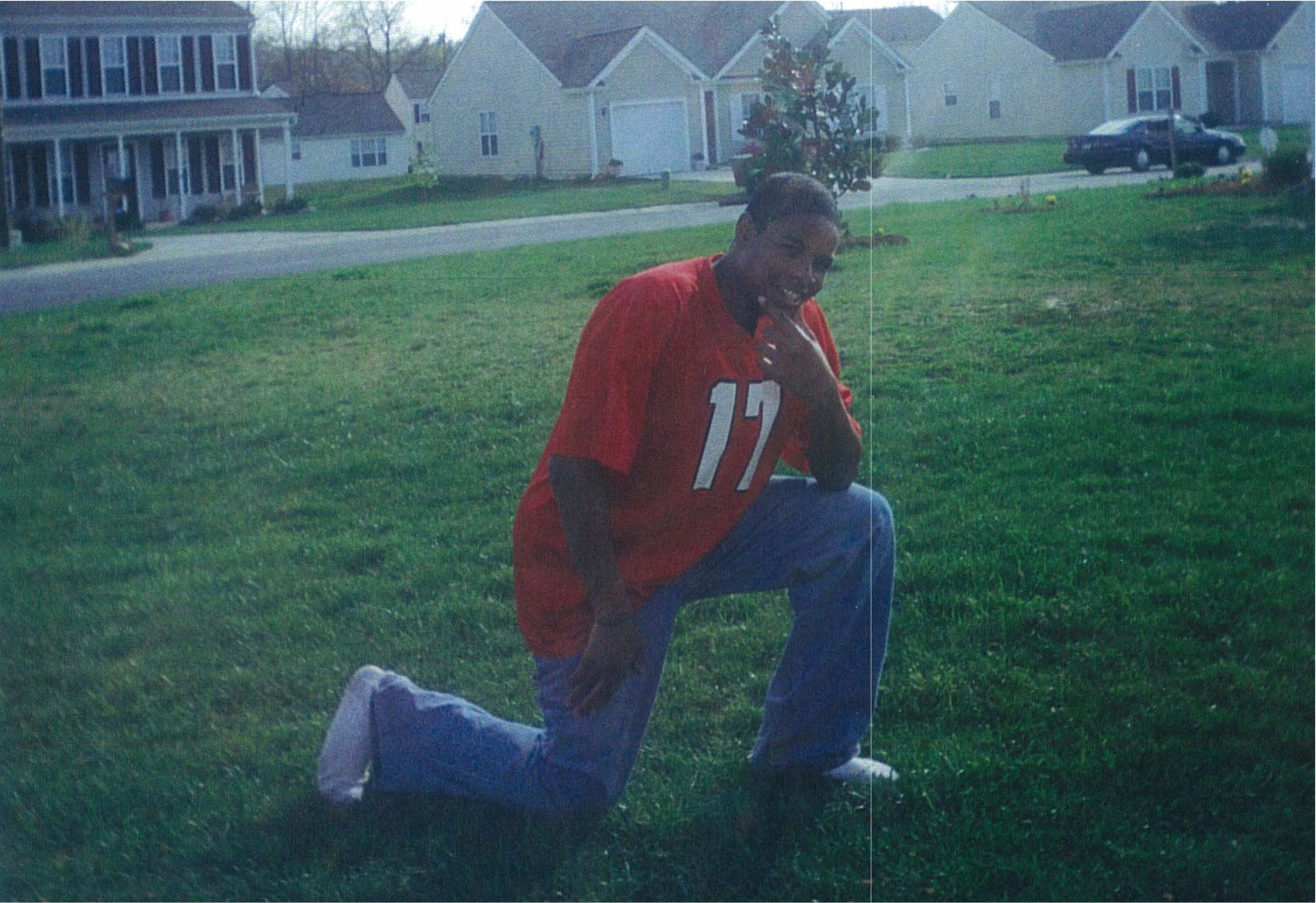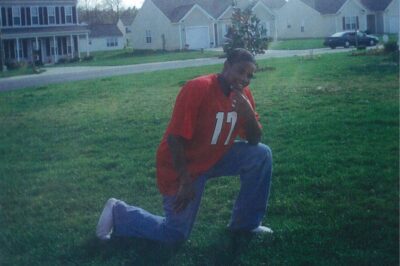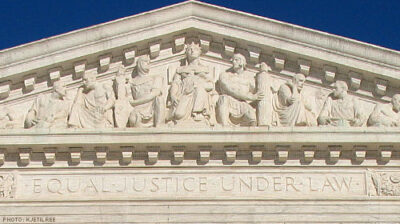
North Carolina Racial Justice Act Litigation (North Carolina v. Hasson Bacote)
What's at Stake
Hasson Bacote is challenging his death sentence under the North Carolina Racial Justice Act (RJA), a first-of-its-kind law that allowed those sentenced to death to challenge their death sentences where race was a significant factor in decisions to seek or impose the death penalty at the time of their trials. Earlier this year, Mr. Bacote put forth evidence during a two-week hearing which showed that race played an impermissible role in jury selection not only in his own case, but across North Carolina statewide. The evidence presented at this landmark hearing will have significant implications for the over 130 people sentenced to death who filed similar claims under the Racial Justice Act.
Summary
North Carolina adopted the Racial Justice Act in 2009 because current criminal procedure were not up to the task of eradicating racial bias from capital trials. However, the Racial Justice Act was repealed in 2013, after the ACLU Capital Punishment Project and other civil rights organizations brought the first successful claims under the RJA, securing life sentences on behalf of four people: Marcus Robinson, Tilmon Golphin, Christina Walters, and Quintel Augustine.
Seven years later, the North Carolina Supreme Court ruled that people who had already filed their cases under the RJA, like Mr. Bacote, were entitled to move forward despite the repeal.
Hasson Bacote is a Black man from Johnston County, North Carolina, sentenced to death for his role in a felony murder that occurred when he was 21 years old. Mr. Bacote is one of only eleven individuals—all people of color—sentenced to death in North Carolina based on the felony murder doctrine. He is also the only person on North Carolina’s death row indicted solely under a felony murder theory.
In a hearing that began in late February of 2024, Mr. Bacote put forth an unprecedented amount of evidence pointing to one inescapable conclusion: the race of Black prospective jurors played an impermissible role in jury selection, specifically the prosecutor’s use of peremptory strikes.
Foundational evidence included statistics, such as the Michigan State University study linked below showing that prosecutors struck Black prospective jurors across the state of North Carolina at more than twice the rate of non-Black prospective jurors. And in Mr. Bacote’s own case, prosecutors struck Black prospective jurors at more than three times the rate of non-Black prospective jurors.
Expert social science testimony explained this discrepancy, including the role of implicit racial bias and the difficulty of identifying and preventing the operation of such biases in real time. This testimony brought context to some of the many prosecutor jury notes introduced into evidence by Mr. Bacote’s attorneys. These prosecutor notes featured inappropriate comments about Black prospective jurors, such as the note below commenting that a Black prospective juror “look[ed] like a drug user.”
Historical evidence provided yet another source of insight into this racial discrepancy. In addition to testimony about the discriminatory history underlying peremptory strikes themselves, local historians testified about racial terror against Black North Carolinians going back decades. This included the history of Johnston County itself, which until the late 1970s had billboards like the one below proclaiming the county as “Klan Country.”
Put together, all of this evidence overwhelmingly showed not only that prosecutors more often struck Black prospective jurors from juries than their non-Black counterparts in North Carolina, but the ways such discrepancies were born in a history carrying lasting effects on culture and decision-making.
Mr. Bacote is represented by the ACLU Capital Punishment Project, NAACP Legal Defense and Educational Fund, Inc. (LDF), the Center for Death Penalty Litigation as well as attorney Jay Ferguson.
Legal Documents
-
North Carolina v. Bacote: Amended RJA Motion with Exhibits -
A Brief Overview of Race Relations in the Eleventh Prosecutorial District with an Emphasis on Johnston County -
Michigan State University Report on North Carolina Jury Selection Study - 2023 -
Expert Report: Nandita Mitra, PhD and Jason Roy, PhD -
Coward Expert Report -
Photograph of KKK rally in Smithfield, North Carolina (1987) -
Photograph of KKK Rally in Benson, North Carolina (1988
Affiliate: North Carolina
Download DocumentAffiliate: North Carolina
Download DocumentAffiliate: North Carolina
Download DocumentAffiliate: North Carolina
Download DocumentPress Releases
Petitioner in Landmark Racial Justice Case in North Carolina Receives Commutation of Death Sentence from Gov. Roy Cooper
Closing Arguments Conclude in Landmark Lawsuit that Could Affect More than 100 People on North Carolina’s Death Row
Historic Hearing Challenging Racial Bias in North Carolina’s Death Penalty Concludes with Overwhelming Evidence of Discrimination in Capital Cases
North Carolina Supreme Court Finds the Repeal of Racial Justice Act Unconstitutional
Judge Finds Racial Bias in Three More Death Penalty Cases in North Carolina Under State Racial Justice Act
ACLU-NC Condemns Veto Override of Racial Justice Act Repeal Bill


